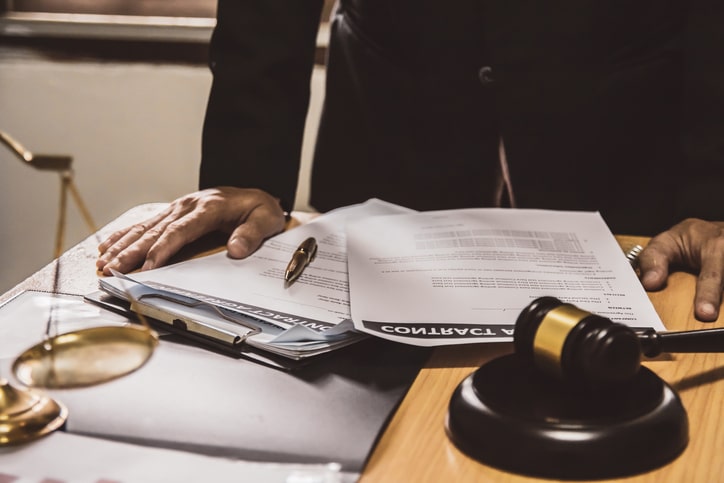-
Serving all of Michigan SCHEDULE A CONSULTATION
877-Ben-Hall
517-798-5801
Our East Lansing criminal defense lawyers at Ben Hall Law know that Michigan law enforcement, including the prosecutor’s office, can tell someone under arrest anything they want to get them to talk about their alleged involvement in a crime.
This includes stating they have evidence that ties them to the crime, even if it is false.
This is why we recommend that anyone accused of or arrested for a crime in Michigan invoke their right to remain silent and contact a criminal defense lawyer immediately — even if it is not one from our office.
A prosecutor only needs probable cause to charge someone with a crime. This standard is less stringent than that at a trial, where a prosecutor must prove the individual is guilty of committing the crime beyond a reasonable doubt.
The question becomes, how do you know what type of evidence the prosecutor has to use against you if you do move forward with a trial? More importantly, how do you understand what is admissible and what isn’t. We can help.

Our skilled Michigan defense attorney is entitled to review and copy everything the prosecution has about our client’s case. This includes the police report, a list of the defendant’s prior offenses, if any, and any other evidence the prosecution intends to introduce.
This may include, but is not limited to:
Physical evidence includes weapons, drugs, stolen property, or other physical objects that may have been involved in the alleged crime, which can be crucial in establishing a link between our client and the crime scene.
If you made any statements to law enforcement officers or others that could be construed as an admission of guilt, prosecutors may use these statements as evidence against you. We will review these statements and scrutinize how or when they were made to conclude whether our client’s rights were violated during the interview.
Prosecutors may rely on eyewitnesses who claim to have seen our client commit the crime or can provide information about their involvement. Witness testimony can be compelling but is also subject to scrutiny and cross-examination.
Forensic evidence is anything scientifically collected at the crime scene — like DNA analysis, fingerprinting, ballistics testing, or other forensic techniques — that can be highly persuasive in court but must be collected and analyzed correctly to be admissible.
In cases where surveillance cameras or digital devices were present, prosecutors may use footage or digital records to establish your presence at the crime scene or to demonstrate the actions of those allegedly involved in the crime.
Prosecutors may introduce documents such as financial records, emails, text messages, or social media posts as evidence to support their case.
We will review the evidence, assess its strengths and weaknesses, and identify potential problems and inconsistencies in the prosecution’s case. From there, we may file a pre-trial motion seeking to exclude some or all the evidence, when possible, on Constitutional grounds or because the evidence is irrelevant or unfairly prejudicial to the defendant.
If you have been arrested for a crime in Michigan, remember that you have the right to remain silent and contact an attorney. Invoke both immediately and contact our trusted criminal defense lawyer in East Lansing to discuss your case with a legal professional who believes in you and your case by calling (877)-236-4255 or contacting us online.
Your fight is our fight. Let’s get started.